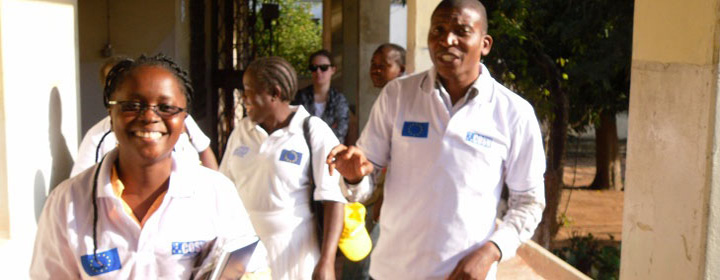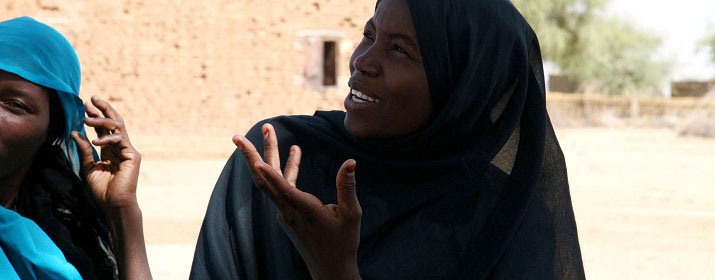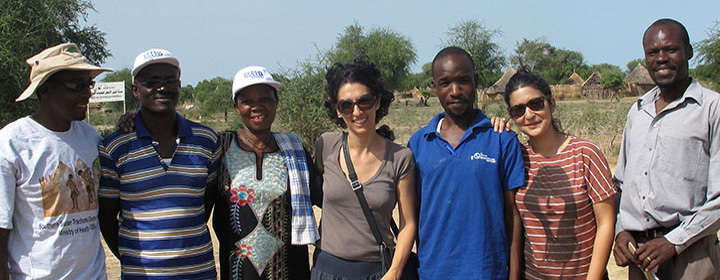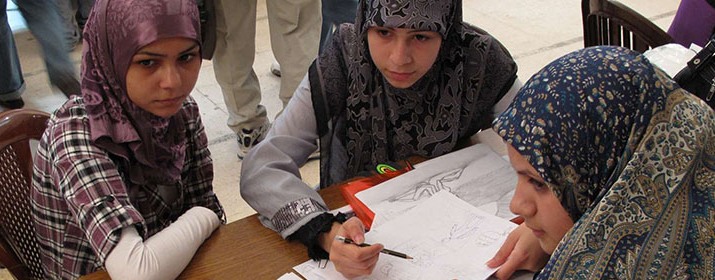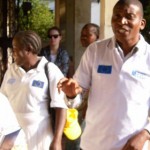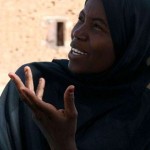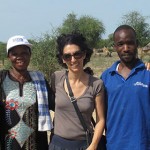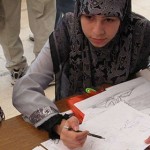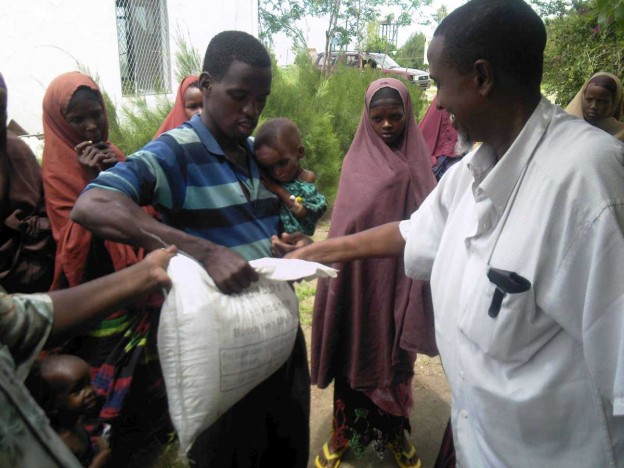The fragile situation of Somalia makes difficult for people to escape the spiral of insecurity and precariousness that has characterized last decades. Despite the establishment of the Somali Federal Government and the transition to democratic institutions, there are many attempts to mortify the efforts in this direction and several obstacles to stability. Attempts from Al-Shabaab to foment riots and conflicts and natural disasters constantly threaten the slow recovery phase started, putting a strain on the process towards self-sufficiency and the development of local resources.
“In the Lower Shabelle, where COSV has been present for 20 years, the heavy rainfall of the last weeks has caused the flooding of cultivated lands and shelters, worsening the already severe humanitarian crisis in the region” says Fabio Gigantino, regional coordinator of Kenya and Somalia for the COSV. The torrential rains have affected the districts of Merka and Kortunwareey, with devastating consequences: about 700 families fled their homes and fields. The use of contaminated water has caused several cases of acute diarrhea and the presence of stagnant water has resulted in the proliferation of malaria. “Immediately we have made available vehicles and medical personnel for first aid interventions and the distribution of emergency kits containing jerry cans and water purification tablets, items for personal hygiene, mosquito nets and sandbags to build dams in places at risk of further flooding. Unfortunately, the situation is still very critical and some areas remain inaccessible”.
Lower Shabelle area is very exposed to natural disasters and the control of some zones by Al-Shabaab makes it further unstable. “As COSV we were able to mature over the years a positive relationship with local authorities that has allowed us to become a point of reference to ensure basic health services,” said Fabio Gigantino “Our priority is to strengthen local health services with particular emphasis on access to them by women and children who are the most vulnerable”. The maternal and child health is at the heart of COSV projects in this area: the basic health services such as vaccinations, distribution of medicines and basic care are complemented by targeted interventions on maternal and health nutrition and activities to raise awareness on the issues of hygiene. To reach the most remote areas has been also activated a network of home care that guarantees the widespread availability of essential health services.
Despite the critical issues that characterize this area, some interventions are starting to make a difference in the lives of people. Thanks to Treatment clinics and Nutritional Stabilization centers for the treatment of acute malnutrition, the only ones that operate in this region affected by food insecurity, more than 23,000 children and many young pregnant and breastfeeding women have received medical assistance, medicines and therapeutic food in 2012. Health workers call “miraculous survivors” children who are torn to death thanks to the care of these centers, and is truly a miracle in this area that a child under 5 years of age admitted to dying of malnutrition can be saved. The response from the community and local authorities is very positive; they are increasingly aware that these interventions can save many lives and therefore must be supported.

